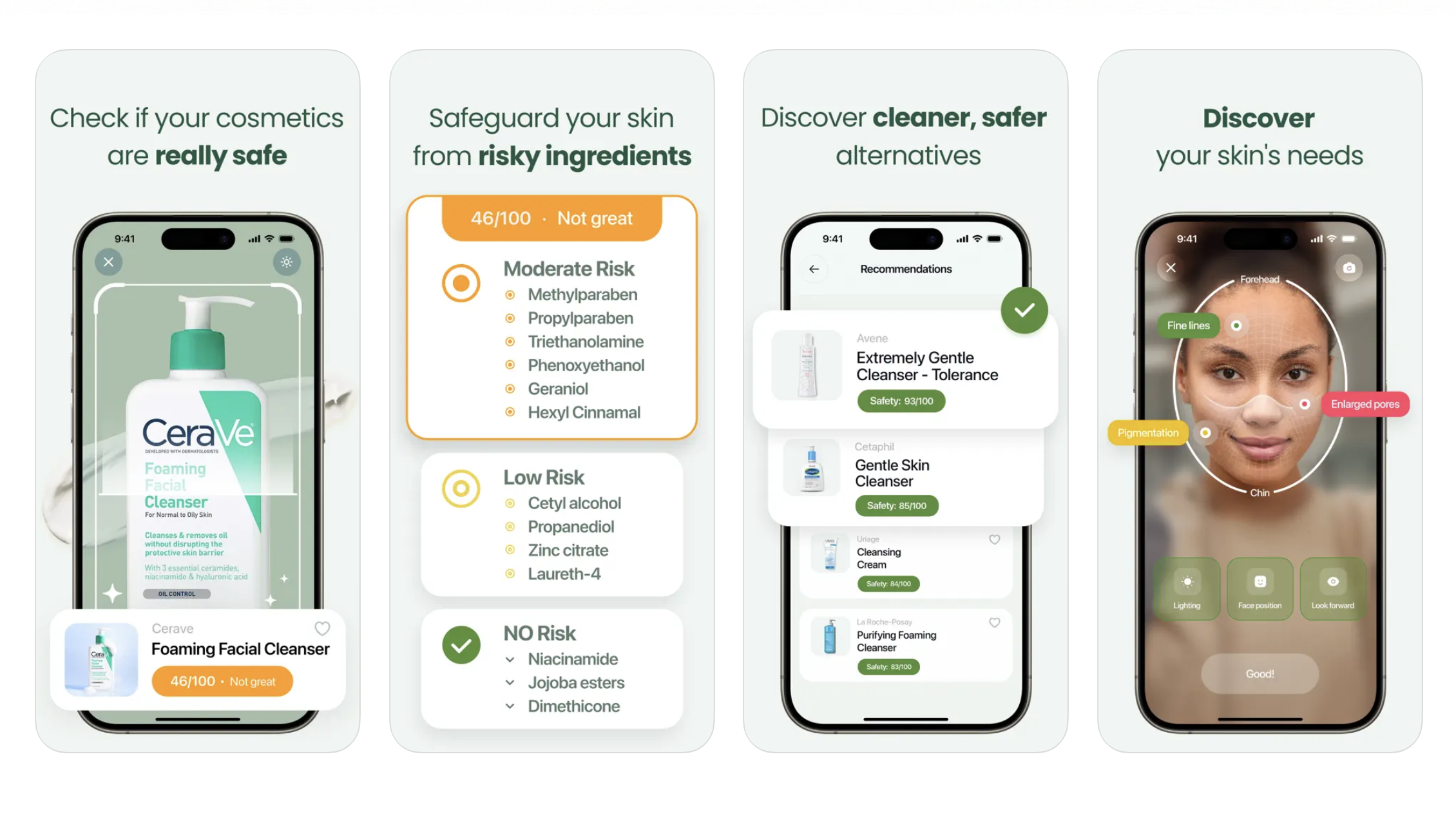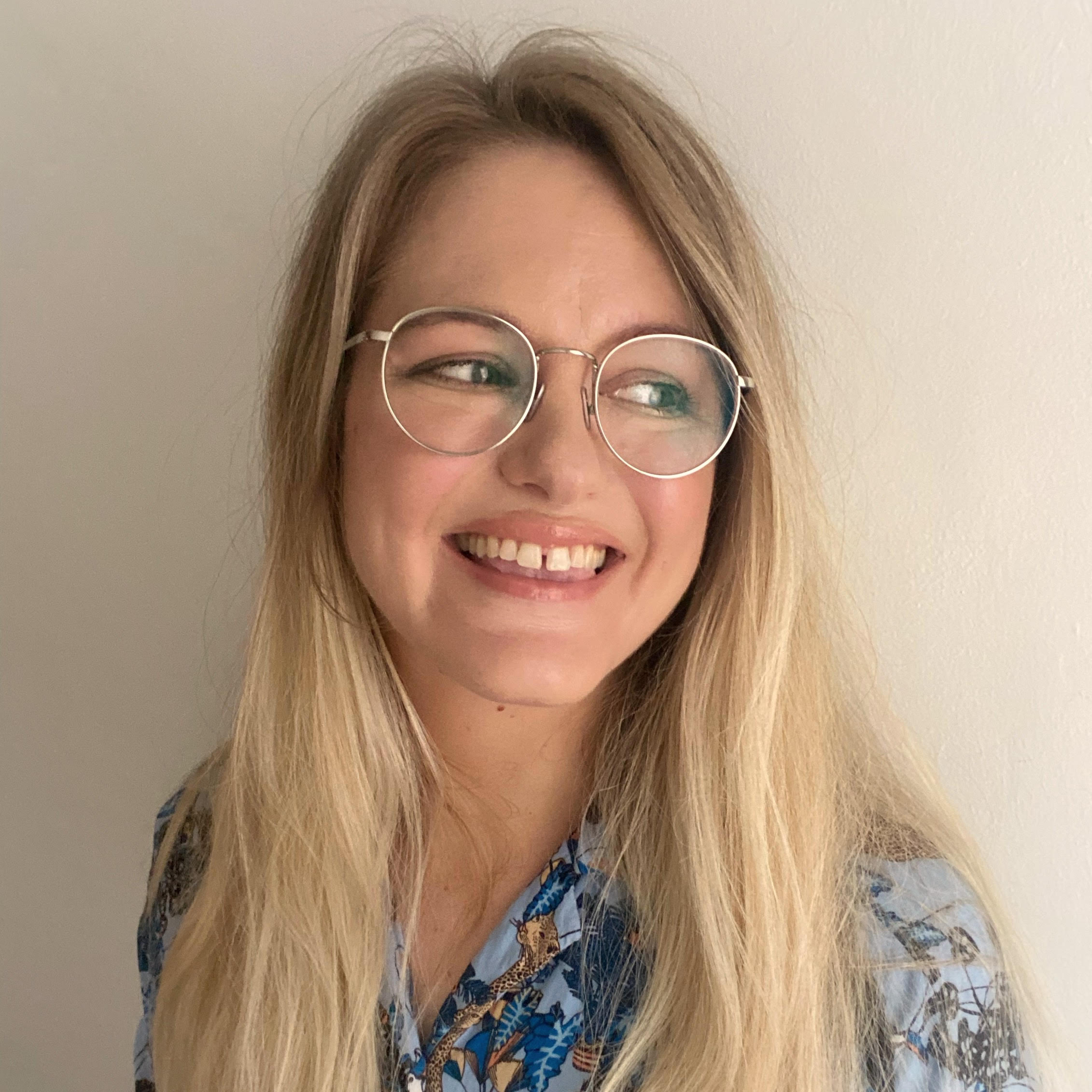This iPhone app scans your skincare products to tell you if it’s right for you
OnSkin helps you understand what’s in your cosmetics – but only skincare nerds should download it.


iPhone/iPad - Free (In-App Purchases)
Want more apps? Check out our hand-picked lists:
- Best iPhone apps
- Best iPad apps
- Best macOS apps
- Best Apple Watch apps
There’s a huge amount of information online and on social media about how to find the right skincare products for you, and build a routine that suits your skin. On one hand, this wealth of information is great, empowering you to make decisions rather than default to what you’re drawn to in a store. On the other hand, it can make buying any kind of cosmetics feel extremely overwhelming.
Enter OnSkin, the iPhone app that says it’s “healthy skin made simple”. There are a bunch of different tools within the app, but the most appealing is that you can take a photo of any product, or scan its barcode, and then get a detailed breakdown about what’s in it and, according to the app, its safety rating.
When you do this you can learn what the ingredients are and their health effects. In some cases you can also discover alternatives that might be better suited to your skin.
I’ve personally always been a little wary about “clean” beauty and people who are wary about the “chemicals” in our products – your body is literally made of chemicals. But OnSkin seems different. It’s science-backed and is dedicated to safely evaluating cosmetics, helping you to decode ingredient formulas and analyze whether a product aligns with your needs and concerns.
You have to pay for a subscription to use the OnSkin app, which costs $39.99/£39.99 for a year and works out at $0.77/£0.77 a week. Or you can enable a free trial for 3 days and then it’s $5.99/£5.99 a week. That’s not cheap, but if you want to build a new skincare routine, it might be worth it.
Does OnSkin really help you to better understand your skincare?
OnSkin is dedicated to educating people about the impact cosmetic ingredients can have on their skin and health. To determine what works for you and what doesn’t, users are prompted to fill out a short questionnaire. The app will then not only tell you what’s in the products you scan, but whether they’re the right choice for you.
I found some of these personalized recommendations a little too generic, but they could be handy for anyone who doesn’t already know much about skincare and is keen to soak in as much information as possible.
Master your iPhone in minutes
iMore offers spot-on advice and guidance from our team of experts, with decades of Apple device experience to lean on. Learn more with iMore!
That’s who I think this app is for — those who might not know a great deal about cosmetics and what to look out for, but what want to learn. For example, the app may be simpler than combing through an ingredients list yourself.
But it’s still not 100% straightforward, or a replacement for a session with a skincare specialist. When I scanned my favorite tinted moisturizer, the app told me its score was “49/100 - Not great” with no explanation as to why. It’s then up to me to click on the “moderate risk” ingredients listed below to find out why it might not be great. Even then, you will need to put in the time to read why the app has flagged the ingredient.
So, if you’re a skincare nerd or you’re desperate to become one and learn more about what’s in the products you use everyday, sign up. But if you want an app to make skincare simple, this isn’t it.
iMore's daily App of the Day post helps you find great apps you've never heard of on your iPhone, iPad, Mac, and Apple Watch, curated each day by our expert team!

Becca Caddy is a contributor to iMore, as well as a freelance journalist and author. She’s been writing about consumer tech and popular science for more than a decade, covering all kinds of topics, including why robots have eyes and whether we’ll experience the overview effect one day. She’s particularly interested in VR/AR, wearables, digital health, space tech and chatting to experts and academics about the future. She’s contributed to TechRadar, T3, Wired, New Scientist, The Guardian, Inverse and many more. Her first book, Screen Time, came out in January 2021 with Bonnier Books. She loves science-fiction, brutalist architecture, and spending too much time floating through space in virtual reality. Last time she checked, she still holds a Guinness World Record alongside iMore Editor in Chief Gerald Lynch for playing the largest game of Tetris ever made, too.

